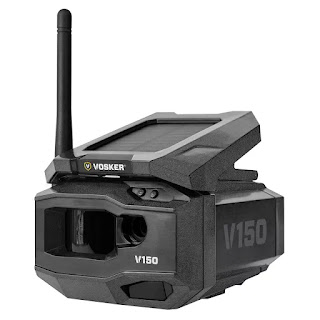Is there a security system that works without WiFi?
Security Systems and WiFi
In the age of the Internet of Things, more and more devices are connecting to the internet and to each other wirelessly. This includes everything from our phones and laptops to our security cameras and home automation systems. While this connectivity gives us a lot of convenience and added features, it also comes with some risks. Here are a few things to keep in mind when using WiFi-connected security cameras and other devices in your home.
First, be sure to use a strong password for your WiFi network. A weak password is one of the easiest ways for someone to gain access to your system. Second, keep your firmware up to date. Manufacturers are always working on ways to improve security and patch any vulnerabilities that may have been discovered. Finally, pay attention to the types of information you are sharing over your network.
The benefits of a security system without WiFi
Although many people might not think so, there are benefits to having a security system without WiFi. The first benefit is that you don’t have to worry about your WiFi signal getting hacked. This is especially important if you have sensitive information on your network. Another benefit is that you can save money by not having to pay for a monthly subscription to a security service. Finally, if you live in an area with spotty or no WiFi coverage, a security system without WiFi will still work just fine.
The challenges of a security system without WiFi
As the demand for security systems increases, so does the need for reliable WiFi connections. However, many homes and businesses are still without this important feature. This can pose a serious problem for security camera systems, as they rely on WiFi to function properly.
Without a strong and stable WiFi connection, security cameras can be less effective at deterring crime and keeping people safe. They may also experience more interruptions in service, making it difficult to rely on them when needed most. In some cases, security camera footage may not be accessible when an incident occurs.
For homes and businesses without WiFi, it’s important to consider these potential risks before investing in a security system. There are ways to work around the lack of WiFi, but it’s important to be aware of the challenges that come with it.
The types of security systems without WiFi
There are many types of security systems that don't rely on WiFi to function. Here are a few of the most popular:
1. wired security cameras: These cameras are connected to your home's electrical system and send footage directly to a DVR or monitor. They're typically more reliable than wireless cameras, but can be more difficult to install.
2. battery-powered security cameras: These cameras run on batteries, so you'll need to periodically replace them. They're easy to install and can be placed almost anywhere in your home. However, they may not provide as clear of footage as other types of cameras.
3. hardwired security cameras: These are similar to wired security cameras, but they use coaxial cable instead of electrical wire.
The best security system without WiFi
There are a few things to consider when shopping for a security camera if you don't want one that requires WiFi. One is whether you want a wired or wireless camera. Wireless cameras are easier to install but you have to make sure your battery is charged or it won't work. Wired cameras are more reliable but they're not as easy to install. Another thing to consider is the resolution of the camera. The higher the resolution, the better the image quality will be. Finally, think about where you want to place the camera. If it's outside, make sure it's weatherproof. Indoors, you'll need to find a spot where there's an outlet nearby.
Conclusion: the pros and cons of a security system without WiFi
In conclusion, we must weigh the pros and cons of a security system without WiFi. On the one hand, it is more secure since it cannot be hacked. On the other hand, it is less convenient since we must be physically present to arm or disarm the system. Ultimately, the decision comes down to each individual's needs and preferences.

.jpg)

Comments
Post a Comment